In the first years of life, during the early childhood, children acquire vocabulary and, little by little, make themselves better understood. Once they have got the most basic concepts, they start to learn the concepts of ownership and wishing (“mine”, “I want”, etc.). These attitudes must not worry you as they are completely normal at this age, even if they seem to be egocentric. When we see this type of behaviour, it is in the hands of parents and educators to manage these behaviours and help children develop the well-known concept of “socialisation”.
Socialisation is known as the process whereby children learn to distinguish what is good from what is bad, based on what society considers right or wrong. Children must learn to be honest and kind and to understand that lying or hurting others must be avoided, because it is neither good nor right.
In these first years, children are more receptive to learning and, therefore, it is very important to start socialisation at this stage and, as the child grows, he/she will learn and discover new things that will make him/her more mature in this sense because, as we have said before, socialisation is a whole process.
Children can learn more about relationships and about themselves in a close, privileged environment, such as home, to later relate to other children at school, in the park or in the family and to learn to develop in other contexts and with other social roles. It has been found that socialisation is easier in families with more than one child. It has been verified that children with siblings are less egocentric, more generous and, in general, more tolerant with others’ mistakes.
In the past it was suggested that socialisation was only learnt through imitation or through rewards and punishments. Nevertheless, more recent studies show that cognitive and perceptive values play a very important role in thinking and knowledge, affirming that social maturity involves accepting the rules of social behaviour applied to different situations.
During the socialisation process all types of situations necessarily occur. There will be conflicts, frights, falls, blows, minor fights for the ball or the play bar in the playground… and the important thing will be for children to have learned to cope with these situations. Children know that they will be comforted if they cry and rewarded. even if only with a pat, if it has come about properly. Obviously, if that is not true they must also know that they will be reprimanded and helped to reflect about what happened and repair the damage, if possible. In addition to parents, educators are the first role model to be followed by children, so a good example is essential because socialisation will be a lifelong progressive process.
Susana Jiménez
Childhood Educator


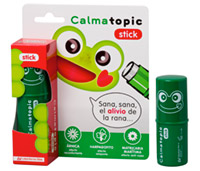

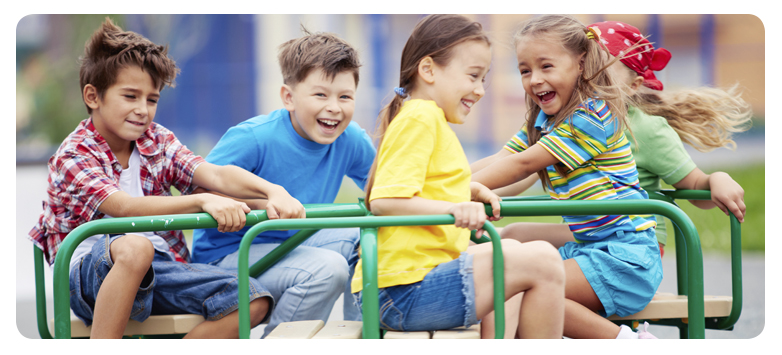
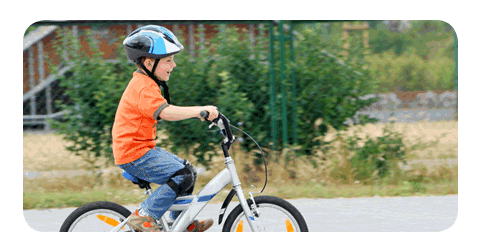
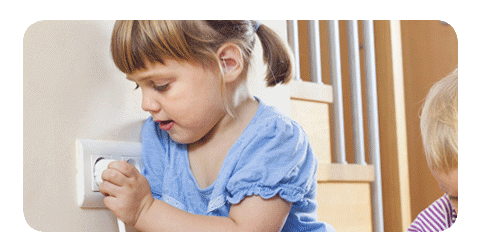
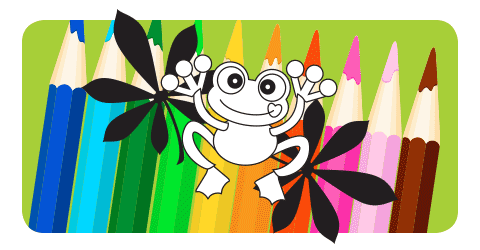
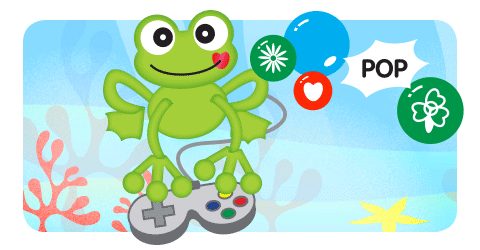
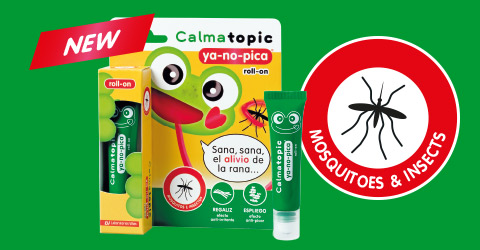




Comments
No Comments